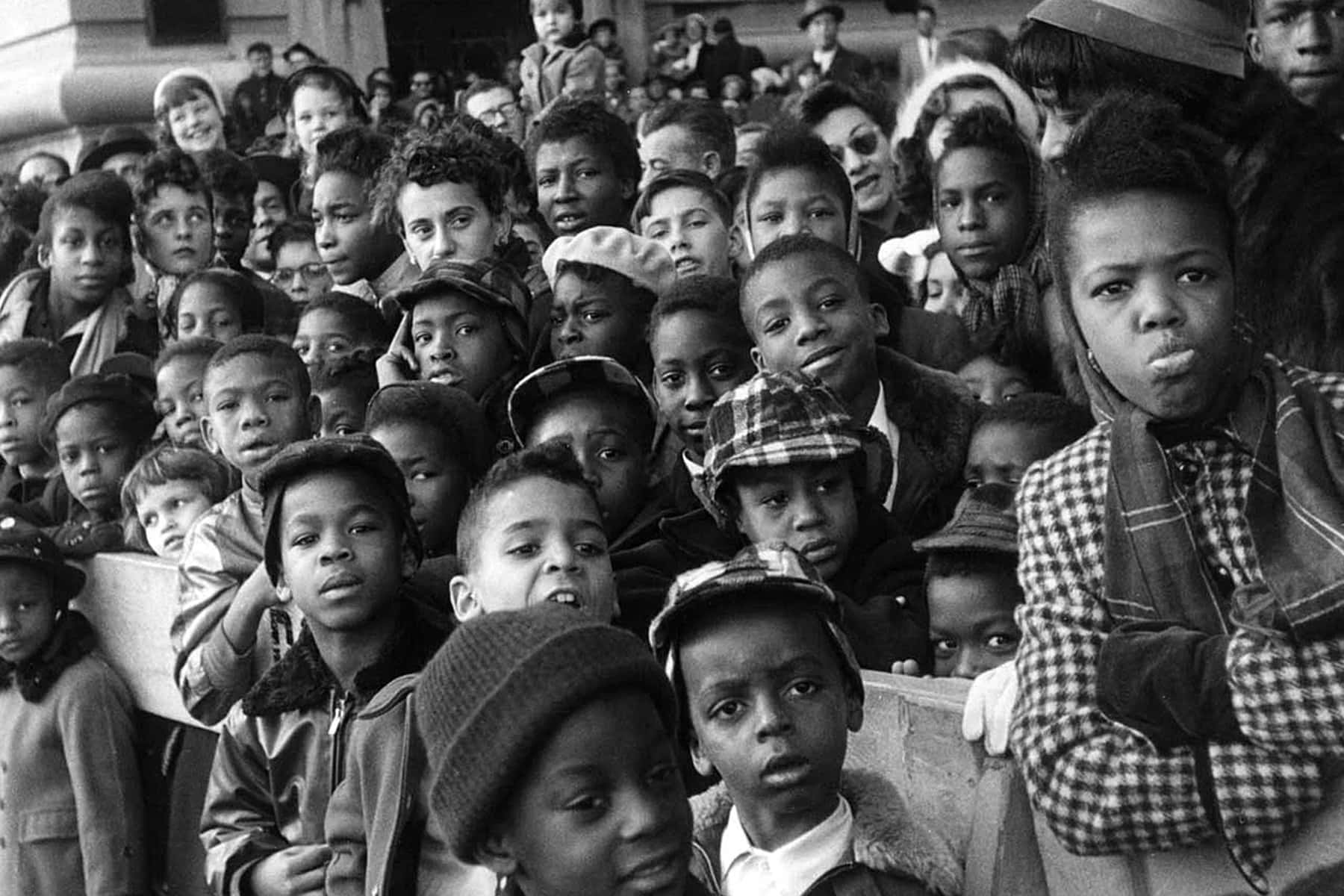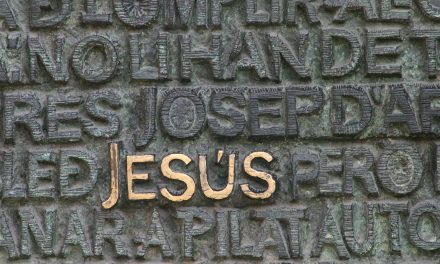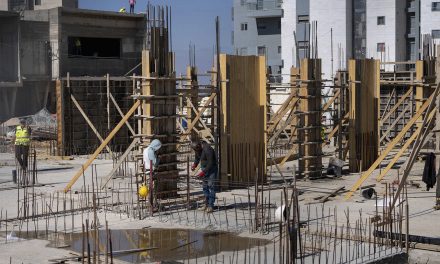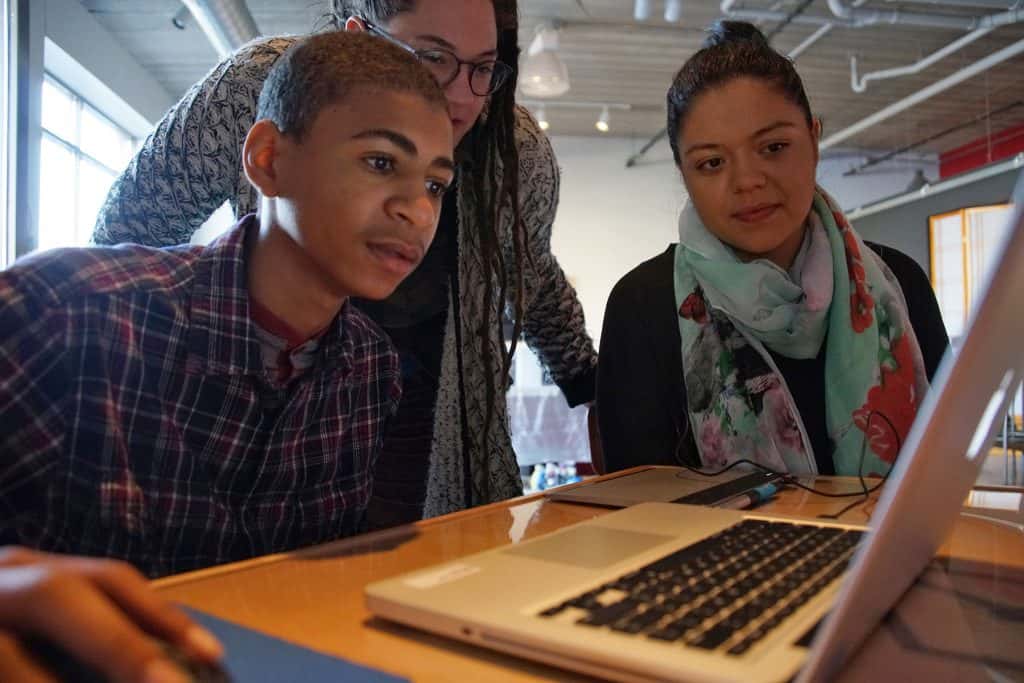
This year marks the 95th annual celebration of Black History Month. It has actually been a month-long celebration since just 1976.
Each year the Association for the Study of African American Life and History (ASALH), established in 1915 by the founder of the annual celebration, Dr. Carter G. Woodson, establishes a theme for the celebration each year. This year’s theme is, The Black Family: Representation, Identity and Diversity. They say this about the theme:
“The black family has been a topic of study in many disciplines—history, literature, the visual arts and film studies, sociology, anthropology, and social policy. Its representation, identity, and diversity have been reverenced, stereotyped, and vilified from the days of slavery to our own time. The black family knows no single location, since family reunions and genetic-ancestry searches testify to the spread of family members across states, nations, and continents. Not only are individual black families diasporic, but Africa and the diaspora itself have been long portrayed as the black family at large…”
I have attempted over the years to spotlight my family’s journeys in America. I feel proud of our continued resilience. We have overcome a lot. Mississippi is my home state and there is no need to rehash the ugly history of that state for you to clearly understand that “the struggle has been real.”
As a third grader, I remember my elementary school celebrating in February. It was only a week-long celebration back then, but it left a lasting impression on me. My brother performed MLK’s I Have a Dream speech each year we were in elementary school. It inspired me and my love for learning led me down a path to find out more. Along the way I discovered the richness of our diverse experiences. There has been good as well as bad mixed together over the 401 years since we arrived on these shores.
Dr. Woodson, a Harvard trained historian, wanted to build an archive of our achievements to show us and the world that we were anything but what America said we were. He created the Negro History Bulletin and the Journal of Negro History to give historians an opportunity to explain our lived experiences to the world. He was a brilliant man and built a legacy that still provides us with much to learn today.
I love looking back at old copies of the bulletin and journal online. They provide real context to our experience, aspirations and reflections on events as they unfolded. Dr. Woodson wanted to celebrate not Black history but “Blacks in history” as he said.
The celebration has devolved into a celebration of Black firsts and Black inventors: the first black astronaut, first black CEO of a Fortune 500 company, first black to be elected mayor, the Black person that invented (pick anything and install here) etc. I really find it to be a misuse of the month. That does not mean that those firsts are not important. It does not mean that Black inventors were not important.
The way it is celebrated and taught in school does not give us a nuanced view of who we are. Every Black child learns about Dr. King, Rosa Parks, Ruby Bridges and other famous members of the Civil Rights Movement over and over every year. Trust me, they are mostly bored by this.
Why are they bored? Because we are only celebrating the people and not providing context and connecting those events with their current realities. We don’t teach them the huge role that Black children have played in the various parts of the Civil Rights Movement. We don’t emphasize for them that most of the people who marched with Dr. King in Birmingham were children or that their parents forbade them from doing so. We don’t let them know about their local history as it relates to our successes and struggles.
I suggest we reassess how we celebrate the month. It is time that we provide a more deeply thoughtful journey into learning our history. I don’t think we should shove all of what we do aside, but we need to dig deeper. There is an old adage about teaching that says you can either go a mile wide and an inch deep or you can choose to go a mile deep and an inch wide.
I prefer the latter. A more focused curricula will include time for students to do further, deeper research, so that they can learn the details of the struggles, but also the power and resilience we’ve had as a people. I want to get past the Montgomery Bus Boycott and I Have A Dream Martin Luther King Jr. I want these children to see the nuances and growth in his thinking and advocacy. I never again want to hear a student recite just the dream part of that speech but the entire speech.
I want students to understand that Ruby Bridges was just one of four courageous Black children that risked their lives to fight segregated schools in New Orleans. I want students to learn how Black soldiers and sailors turned the tide of the Civil War back to the Union, leading to a defeat of the Confederacy. I want our children to see themselves in our history so that the stories will inspire them to learn more about their own journeys.
I want out teachers to learn more about our history so that they are not pulling out the same tired lessons every year. I want Black History Month to show the Black family as the foundation of our existence. I want them to learn about the role that systemic racism has played in our lives and why we are so disparately impacted by so many factors in our country today. I want our children to know what happened to us instead of hearing what is wrong with us.
I want our children and teachers to follow one simple creed. Question everything!
© Photo
Library of Congress














